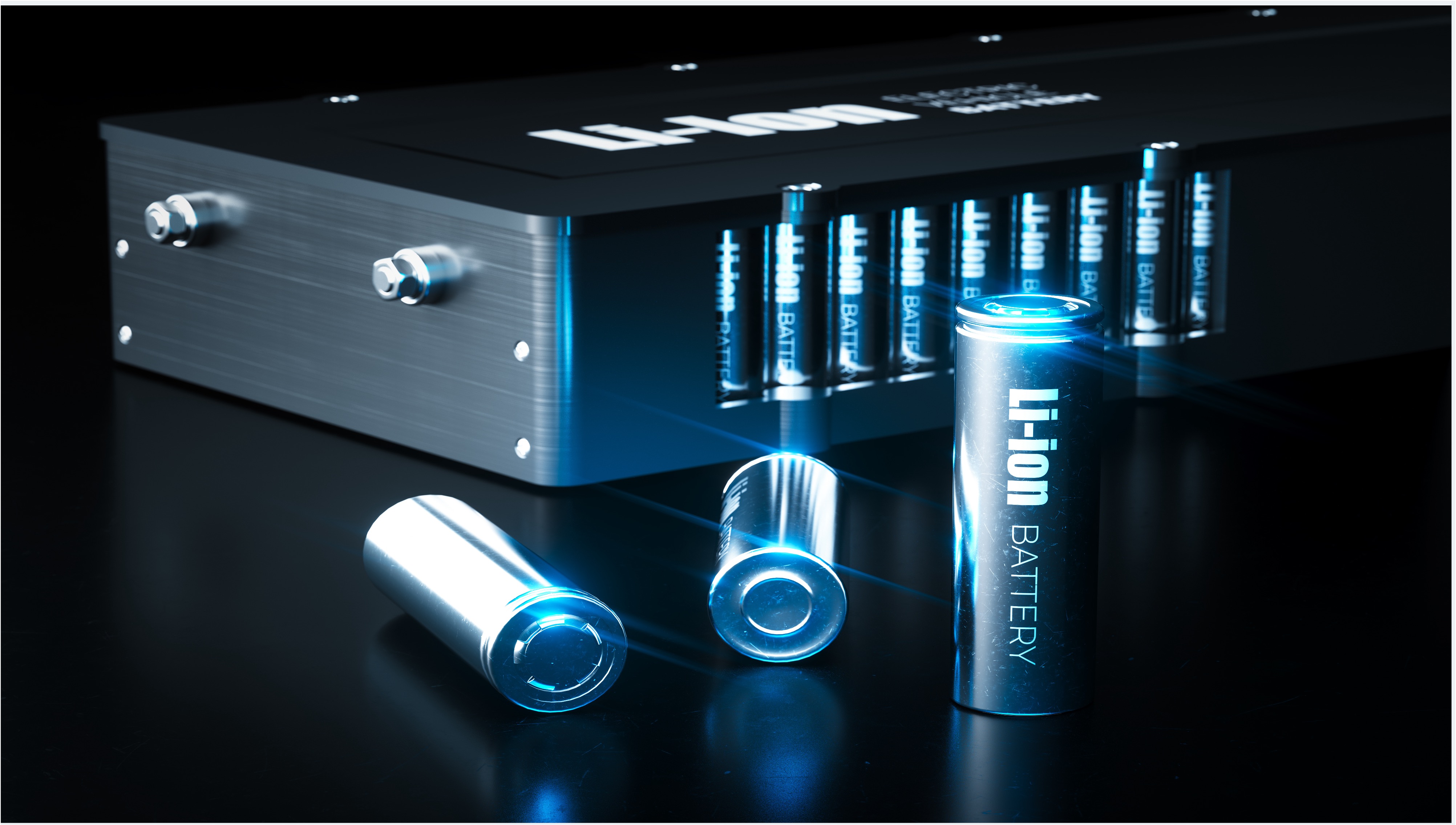According to a study by the EuRIC association, 53% of the recycling plant operators surveyed experience small fires on a daily to weekly basis. These pose a risk to both recycling plant staff and emergency personnel through burns and toxic fumes, and cause critical recycling infrastructure to fail. Residents have to be evacuated due to the risk of the fire spreading in order to avoid endangering the surrounding civilian population. These fires are often caused by incorrectly disposed old electrical appliances in conventional household waste, which are damaged during the recycling process and catch fire.
The approach of the »BREATHE« project is to remove fire-causing hazardous substances from the manufacturing process as early as possible. The initial focus here will be on sorting plants for lightweight packaging. However, the solution is designed in such a way that it can be used for other sorting plants (residual waste, commercial waste, paper, glass, etc.).
The research consortium consists of the Würzburg start-up WeSort.AI GmbH, which will focus on generating and annotating the data set and developing the AI algorithms, and the Fraunhofer Development Center for X-ray Technology EZRT, which will be responsible for the multi-energy X-ray sensor technology, the corresponding imaging processes, the mechanical structure of the demonstrator and the mechanism for discharging.

